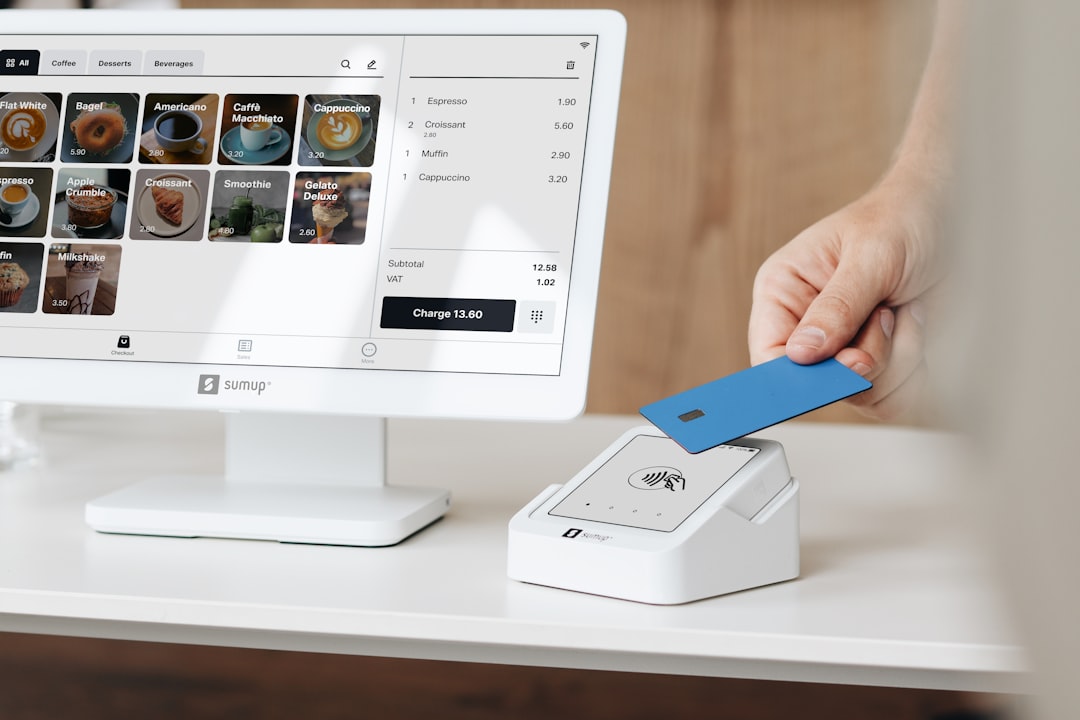In Bangor, Maine, residents are united against spam calls, employing various strategies like blocking numbers, enrolling in the National Do Not Call Registry, and using specialized apps. By sharing solutions and fostering community action, they aim to mitigate these disruptive and intrusive calls. Legal tools, such as the TCPA and Maine's Unfair Trade Practices Act, offer additional protections. Effective strategies include registering with the Do Not Call Registry, using call-blocking apps, adjusting phone settings, and being cautious about sharing personal numbers online.
Bangor, Maine residents are all too familiar with the nuisance of spam calls. This article delves into the pervasive issue, exploring the perspectives of locals who face relentless unwanted calls daily. We uncover common types of spam tactics targeting Maine residents and present legal avenues for combating this problem.
Learn practical strategies to stop and prevent spam calls at home, offering a comprehensive guide for How to Stop Spam Calls Maine-style.
Understanding the Spam Call Problem in Maine: A Local Perspective

In the quiet, picturesque town of Bangor, Maine, residents have been grappling with a modern nuisance: spam calls. These unwanted phone interactions, often from automated systems or telemarketers, have become an increasingly common frustration for locals. The issue extends beyond mere annoyance; it disrupts daily life and raises privacy concerns among citizens who simply want to enjoy peace and quiet.
Bangor’s residents are taking matters into their own hands to combat this local problem. Many have turned to various methods to stop spam calls, including blocking numbers on their phones and enrolling in the National Do Not Call Registry. Some even invest in specialized apps designed to filter out these unwanted communications. By sharing experiences and strategies, Bangor residents aim to create a more comfortable living environment, demonstrating that understanding and addressing the spam call problem is essential for maintaining a sense of control and tranquility in their community.
Common Types of Spam Calls and How They Target Residents

Spam calls, also known as robocalls, have become a ubiquitous and often irritating aspect of modern life in Bangor and across Maine. Common types include sales calls from telemarketers, scam attempts from fraudsters posing as government agencies or financial institutions, and automated messages promoting various products or services. These calls target residents through various methods, leveraging personal data gathered from online sources, public records, and shared consumer databases.
To stop spam calls in Maine, residents can take several measures. Installing a call-blocking app or using the built-in features on smartphones is an effective first step. Registering for the National Do Not Call Registry is another crucial action, as it limits telemarketing calls. Additionally, being cautious about sharing personal information online and regularly reviewing privacy settings on social media platforms can help reduce the volume of spam calls received.
Legal Recourses and Options for Bangor Residents to Combat Spam Calls

Bangor residents dealing with relentless spam calls have several legal avenues to explore. The Telephone Consumer Protection Act (TCPA) is a federal law designed to curb unwanted phone marketing and robocalls, offering individuals significant protections. Residents can register their phone numbers on the National Do Not Call Registry, which prohibits telemarketers from calling registered numbers without prior consent.
Additionally, Maine’s state laws provide further safeguards. The Maine Unfair Trade Practices Act prohibits deceptive or unconscionable practices in commerce, including excessive or harassing telephone calls. Residents who feel their privacy rights have been violated can file a complaint with the Maine Attorney General’s Office and seek legal action against persistent spam callers. Knowing how to stop spam calls Maine begins with understanding these protections and taking proactive steps to protect one’s phone lines from unwanted intrusions.
Effective Strategies to Stop and Prevent Spam Calls in Your Home

Spam calls can be a nuisance and a safety hazard, but there are effective strategies to stop and prevent them in your home. Start by registering your number on the National Do Not Call Registry, a federal database that restricts telemarketing calls. This simple step is often overlooked but can significantly reduce unwanted calls. Utilizing call-blocking apps or hardware filters is another powerful method. These tools learn to recognize and block patterns associated with spam calls over time.
Additionally, updating your phone settings to restrict unknown numbers from calling through can make a difference. Many modern smartphones offer features that allow you to silence or automatically redirect calls from unfamiliar sources. Maine residents should also be wary of sharing their numbers online or on social media platforms, as this can expose them to increased spam call activity. Regularly reviewing and updating privacy settings on your devices is crucial in the ongoing battle against these intrusive calls.






